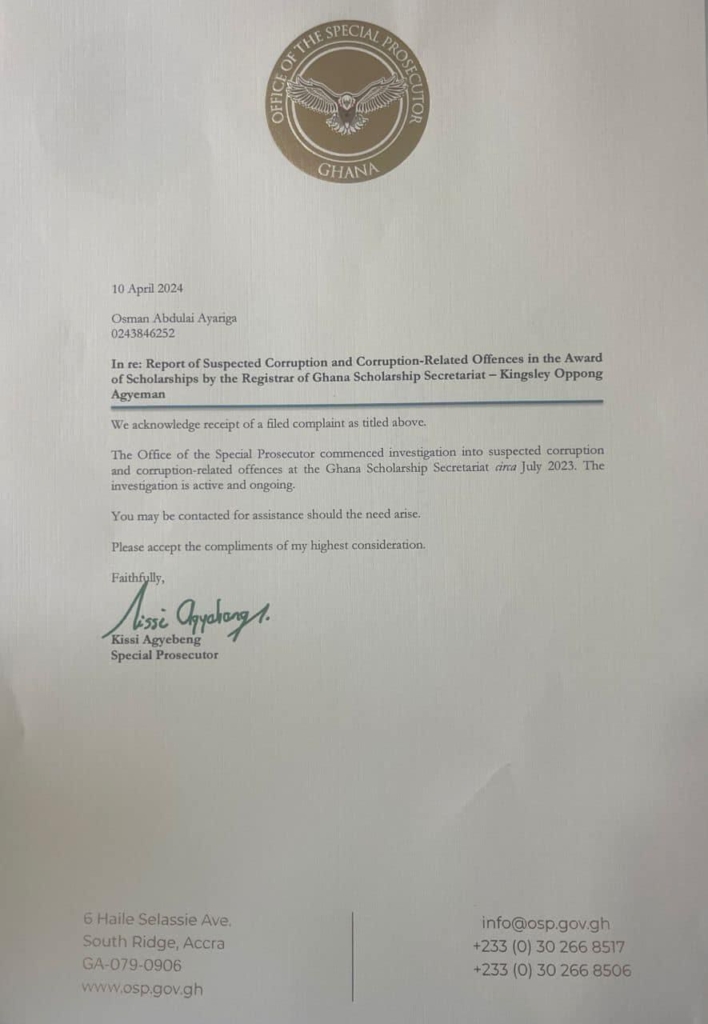
Dr. Quashie made known that while there has been no detailed research into this finding, the conclusion stems from the fact that the numbers began to increase around the period of May.
Speaking on e.TV Ghana’s Fact Sheet with Samuel Eshun under the theme, ‘Understanding Delta Variant, Its Spread and Ways to Mitigate Its Impact’, he stated: “It looks like it’s been here since May and it is quite entrenched now. Just based on when the cases started to rise and currently all the symptomatic cases tend to be delta so if you look at the time when it started to rise you can guess when it came in”.
He shared that all the while, the medical field had been dreading “its [Delta Variant] inevitable entry into the country since it took over India and then the UK and all of the world”.
On June 22, Ghana first confirmed six cases of COVID-19 Delta variants among passengers arriving in the country.
Later, in a statement the Ghana Health Service confirmed community infections of the COVID-19 Delta variant.
The Delta variant, also known as B.1.617.2 and first identified in India, is more contagious and resistant to vaccines than the dominant Alpha (U.K.) strain circulating in the U.S. and also carries a greater risk of hospitalization. It now accounts for 99% of cases in the U.K. , where it supplanted the Alpha variant as the dominant strain and has helped drive infections in England to double every 11 days. It has proven to be less susceptible to vaccines than the Alpha variant, especially when only one dose has been given.
Ghana’s active cases stand at 4,983 and 823 deaths.
Read Full Story

























Facebook
Twitter
Pinterest
Instagram
Google+
YouTube
LinkedIn
RSS